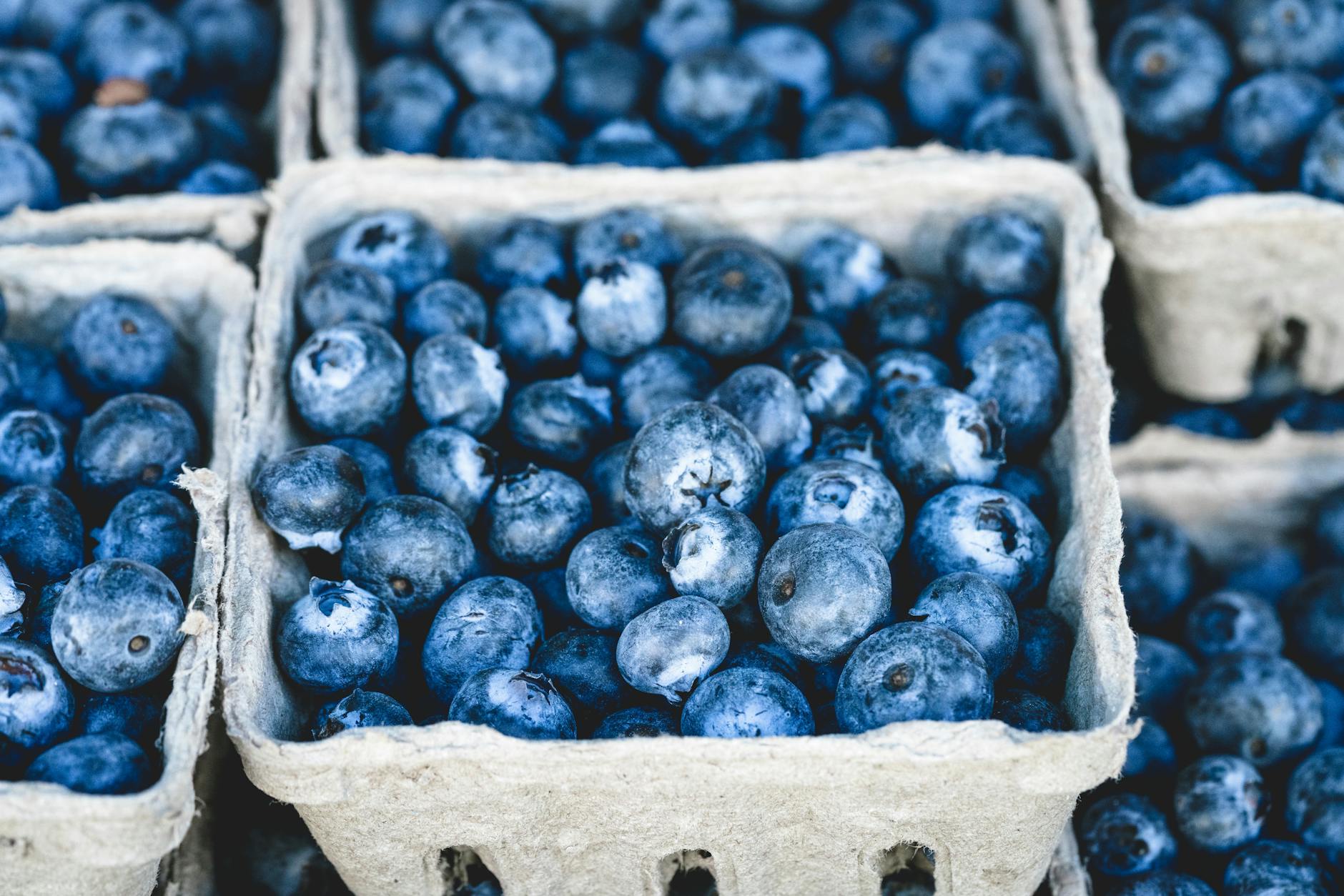As we lean towards holistic wellness practices, one topic generates buzz among fitness enthusiasts – the potential benefits of cannabis in fitness routines. Cannabis, particularly cannabidiol or CBD, is gaining significant attention in sports nutrition, bodybuilding, and fitness fields for its beneficial role in enhancing performance and aiding in muscle recovery.
Cannabis, often misunderstood for its psychoactive effects, encompasses over 100 active compounds and cannabinoids. The most widely recognized cannabinoids are CBD and Tetrahydrocannabinol (THC). THC is renowned for its mind-altering properties, while CBD is non-psychoactive, offering potential health benefits without the ‘high.’
While controversial, an increasing number of athletes are incorporating cannabis into their fitness and exercise routines. The primary reason driving this trend is the potential for CBD to assist with pain relief, reduce inflammation, and expedite muscle recovery, allowing athletes to make the most of their workouts.
Studies indicate that when ingested, CBD interacts with our body’s endocannabinoid system, playing a crucial role in maintaining homeostasis. Regular workout causes microscopic damage to muscle fibres, leading to inflammation and pain, which the body repairs and strengthens during recovery. CBD, with its anti-inflammatory effect, can potentially assist this process, helping to minimize the soreness and enhancing recovery.
Besides promoting muscle recovery, cannabis may also improve physical endurance. Some athletes find that using cannabis pre-workout helps them get ‘in the zone’, enhancing their performance and endurance. However, these effects can vary drastically from individual to individual.
Despite the growing popularity of cannabis and fitness, it is crucial to remember that not all cannabis products are created equal. While pure forms of CBD derived from hemp are generally safe, impure products contaminated with pesticides or heavy metals may lead to harmful effects. Fitness enthusiasts considering incorporating cannabis into their regimen should do so under professional supervision and source products only from reputable manufacturers.
Cannabis can potentially lead to drowsiness and slowed reaction times, particularly in higher doses. Therefore, it’s vital to understand the effects of cannabis on your body before incorporating it into exercise routines. Start with low doses and monitor your body’s reaction, gradually adjusting dosage as needed.
Furthermore, while CBD carries potential benefits for fitness enthusiasts, it is not a magic bullet. It should complement a well-structured fitness program and a balanced diet, not replace them. Fitness enthusiasts should approach cannabis as a tool for enhancing their existing regimen rather than a standalone solution.
The growing acceptance of cannabis in the sports nutrition realm has led to a surge in CBD-infused products targeting athletes. From CBD-infused protein bars and energy drinks to topical creams and oils for muscle recovery, the market offers some innovative solutions for those willing to experiment.
Many professional athletes and fitness influencers openly endorse CBD products, leading to an emerging trend of integrating cannabis into fitness routines. Despite the enthusiasm, however, a majority of the research on cannabis and exercise is anecdotal, and more scientific studies are needed to fully understand its potential benefits and side effects.
Conclusively, while fitness applications of cannabis primarily involving CBD offer promising results, it’s crucial to approach it with caution. The interaction of cannabis and fitness remains a relatively new conversation, and it is best to consult a healthcare provider or a fitness expert before incorporating cannabis into your fitness roadmap. As more research materializes to unlock the untapped potentials of cannabis, perhaps, we will witness an even more significant shift towards seeing cannabis as an essential partner in fitness and holistic wellness.
Sources used:
1. Healthline – CBD vs THC
2. NCBI – Cannabidiol as an emergent therapeutic strategy for lessening the impact of inflammation on oxidative stress

